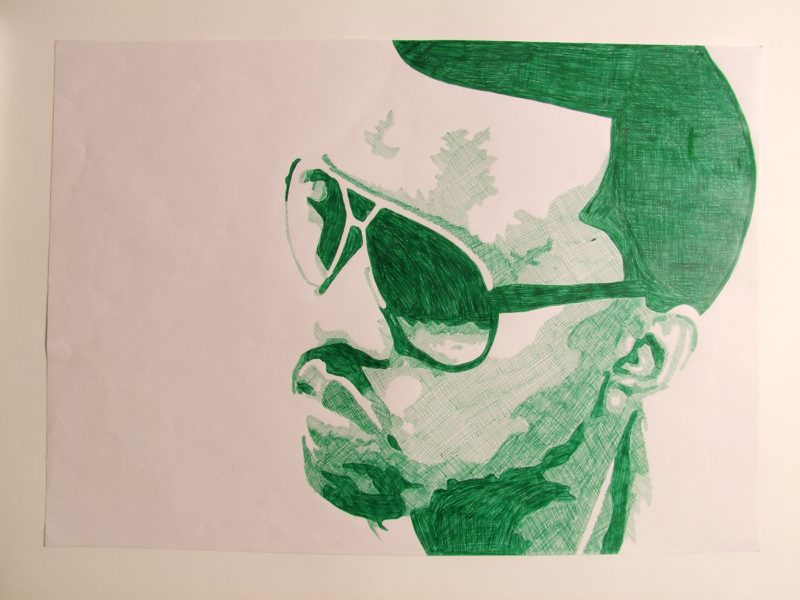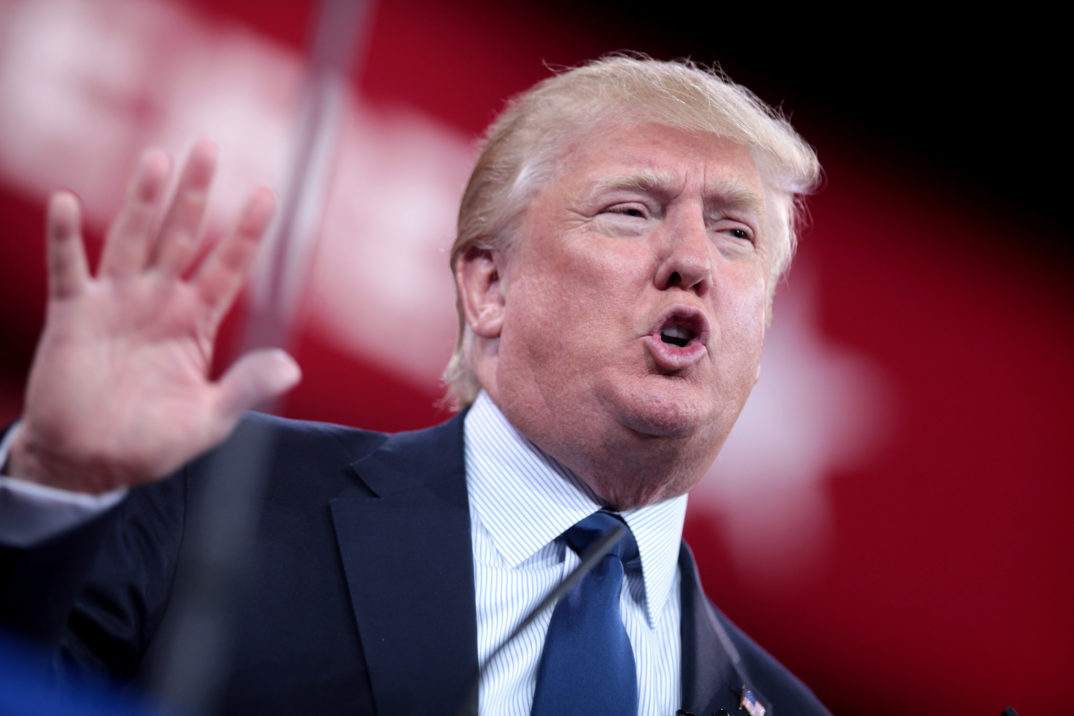After resigning from office in 2019, former California Representative Katie Hill has been dragged back in the news. Hill’s lawsuits against the Daily Mail and RedState for publishing nonconsensual pornography were recently dismissed, and, to add insult to injury, she was ordered to pay more than $200,000 in defendants’ legal fees. Not only was Hill denied the possibility of being made whole, but was also forced to pay for the “privilege of them publishing nude photos … obtained from an abuser.”
How did we get here? Why is Katie Hill continuing to foot the bill for being made the target of “revenge porn”? How could the distribution of others’ private sexual images without their consent ever be protected by the First Amendment? Shouldn’t respect for individual privacy trump others’ interest in publicizing such intimate information?
In 2019, news broke that Hill and her then-husband had been involved in an improper relationship with a junior employee. Texts surfaced suggesting one of Hill’s campaign workers was not only engaged in a sexual relationship, but that she might also have been abused. It was further alleged that Hill was romantically involved with a congressional aide. RedState and the Daily Mail added fuel to the fire by publishing a number of suggestive and salacious photos. With rumors of a media trove containing hundreds of additional pictures and texts and a congressional probe just beginning, Hill resigned.
These revelations were no small thing; they suggested more than a mere lapse in judgment. The asymmetric power relation between the would-be congresswoman and a subordinate demonstrated a failure of responsibility and constituted an abuse of power. These charges must be taken seriously.
But the question of whether Hill’s relationship with a campaign staffer was improper (it was) should be kept separate from the question of whether the Daily Mail and RedState were acting in the public interest by choosing to publish nonconsensual pornography.
Judge Yolanda Orozco, who dismissed Hill’s case, claimed that the media outlets’ circulation of those nude photographs served a compelling public interest in questioning Hill’s “character, judgment and qualifications for her congressional position.” The electorate, she argued, deserved to bear witness to their representative’s apparent vices, and these news organizations were merely serving a democratic function in satisfying that need. The photos “allegedly depicted [Hill] with a campaign staffer whom she was alleged to have had a sexual affair with and appeared to show [Hill] using a then-illegal drug and displaying a tattoo that was controversial because it resembled a white supremacy symbol.” These, Orozco insists, are important details that the public has a right to know, or, at least, that news organizations have an overriding interest in disseminating.
This reasoning, however, appears to provide an incredibly broad read of what qualifies as a “matter of public concern.” Indeed, it seems to offer a blank check to any gossip or tabloid journalism that people might be able to put to good (political) use. (Consider, for example, the recently leaked video of New York City Council candidate Zack Weiner.) This justification does more than simply make the relaying of private information an important social good. Instead, Orozco’s position suggests that it is people’s feelings about the information, not the legal relevance of the information itself, which should determine the permissibility of sharing revenge porn. Whatever distaste or revulsion an image might provoke is enough to warrant overturning an individual’s right to legal protection against this kind of invasion of privacy, harassment, and sexual violence.
Further, according to Judge Orozco’s ruling, supplying a written description of the photos’ content instead of posting the photos themselves would fail to adequately capture or sufficiently communicate the level of depravity exhibited by the actual image. Instead, “the public should be permitted to determine the importance or relevance … for itself.” Again, this suggests that the ambiguity attending any likeness (inevitably lacking context) is just as important as (if not more important than) the cold, hard facts. A picture is worth a thousand words, and it’s meaning should lie with the beholder.
Note, however, that the photos’ publication is defended on the grounds that they provide evidence of Hill lacking moral fiber, not proof of the allegations leveled against her. The photograph which includes a staffer depicts a previous relationship that occurred during the campaign — a consensual relationship that was surely unethical, but not illegal, and to which Hill admitted — while the public value of the other photos centers on Hill holding a bong and sporting a questionable tattoo.
The publication of these photos, then, does little else but invite the viewer to pass judgment according to arbitrary standards of decency and decorum that amounts to nothing more than moralizing and slut-shaming. (Consider, for example, commentators’ judgments that the photos are revealing, “bespeaking a kind of hedonism that at least some voters may view as a character defect.”)
But our recognition of this unique kind of harm is precisely why revenge porn laws exist in the first place. Their purpose is to restrict the freedom of bad actors in recording and distributing salacious materials against their victims’ will. The publicizing of nonconsensual pornography weaponizes information by bringing public opinion down on the head of victims and branding them with an unerasable social stigma. Given the limitations to genuine redress, the law must have sufficient teeth to act as a deterrent capable of discouraging other would-be attackers. The law operates with the understanding that there is no putting the genie back in the bottle once a leak occurs.
The language of “revenge porn” is often criticized for focusing our attention on the perpetrator’s mindset as opposed to the damage done to victims. Surely, we shouldn’t concentrate our efforts on divining whether spite was the overwhelming motivation behind a perpetrator choosing to distribute illicit images. What matters is the unique kind of sexual violence that is being threatened. But, in this particular case, the context might prove important. First, the photos were taken without Hill’s knowledge (or consent) and distributed by a jilted and “abusive” ex-husband in the midst of a messy divorce. But the leak’s publication also looks to be the work of a concerted effort by Hill’s political opponents. As Quinta Jurecic of Lawfare notes, this may be the first known instance where a “politically aligned publication has published an explicit photo of an opposition politician for apparent political gain.” In fact, Politico reported that the person responsible for posting the photos used the same platform to publicly advocate for the Republican running for Hill’s vacated seat.
Despite these troubling circumstances, commentators have suggested that Hill simply “needs to take the L and move on.” Anyone who chooses to thrust herself into the public eye sacrifices the right to keep any detail of her private life hidden from view. Everything she does becomes a public concern. Ultimately, ours is a society that prioritizes the community’s right to know over individuals’ right not to disclose, privileges one’s freedom to do rather than others’ right to impede, and chafes much more at government overreach than at the paparazzi’s prying eyes. Still, it seems backwards to conclude those occupying the spotlight are less in need of this protection rather than more.



